Growing AI workloads are causing hybrid cloud headaches
Tech leaders say they're increasingly worried about the use of AI in public cloud environments


Sign up today and you will receive a free copy of our Future Focus 2025 report - the leading guidance on AI, cybersecurity and other IT challenges as per 700+ senior executives
You are now subscribed
Your newsletter sign-up was successful
IT leaders are becoming increasingly concerned about mounting strain on hybrid cloud infrastructure as a result of growing AI workloads, new research shows.
In a survey of more than 1,000 global security and IT leaders across Australia, France, Germany, Singapore, the UK and the US, Gigamon found that nearly half saw managing AI-related threats as their top security priority.
AI workloads have more than doubled network data volumes over the past two years, and almost half of respondents said they were seeing a rise in attacks targeting organization’s large language model (LLM) deployments.
As a result, nine-in-ten security and IT leaders said they’re having to make compromises when it comes to securing and managing hybrid cloud infrastructure.
Nearly half said they're missing comprehensive visibility across their environments, including lateral movement in 'East-West' traffic flowing between servers within a data center or between different parts of their network.
Notably, concerns are rising on the public cloud front. While once considered an acceptable risk in the rush to scale post-Covid operations, seven-in-ten respondents said public cloud now poses a greater risk than any other environment.
Key concerns highlighted by IT leaders included governance, data integrity, and intellectual property.
Sign up today and you will receive a free copy of our Future Focus 2025 report - the leading guidance on AI, cybersecurity and other IT challenges as per 700+ senior executives
For example, more than half said they are reluctant to use AI in public cloud environments, citing fears around intellectual property protection.
Seven-in-ten said their organization was actively exploring the prospect of repatriating data from public to private cloud due to security concerns.
CISOs aren’t being supported
However, more than a third of CISOs said they didn't have enough influence over AI and security-related business decisions, complaining that they were held accountable without authority, visibility, or resources.
"They know what needs to change. They see where the vulnerabilities lie. But without control over security investments or executive backing, even the most well-informed Security and IT leaders are left in an untenable position: referees expected to enforce the rules without a whistle, while the game plays on around them," researchers said.
"Accountability without authority does not just limit their impact — it introduces risk the organization can’t afford to ignore."
Visibility was a prime concern, with more than half saying they lack confidence in their current tools’ ability to detect breaches, and citing limited visibility as the core issue.
Subsequently, nearly two-thirds said their number one focus for the next 12 months was achieving real-time threat monitoring with complete visibility into all data in motion.
"Security teams are struggling to keep pace with the speed of AI adoption and the growing complexity and vulnerability of public cloud environments," said Mark Jow, technical evangelist, EMEA, at Gigamon.
"With 88% of security and IT leaders agreeing it is critical to securing AI deployments, deep observability is fast becoming a strategic imperative."
MORE FROM ITPRO
Emma Woollacott is a freelance journalist writing for publications including the BBC, Private Eye, Forbes, Raconteur and specialist technology titles.
-
 How the rise of the AI ‘agent boss’ is reshaping accountability in IT
How the rise of the AI ‘agent boss’ is reshaping accountability in ITIn-depth As IT companies deploy more autonomous AI tools and agents, the task of managing them is becoming more concentrated and throwing role responsibilities into doubt
-
 Hackers are pouncing on enterprise weak spots as AI expands attack surfaces
Hackers are pouncing on enterprise weak spots as AI expands attack surfacesNews Potent new malware strains, faster attack times, and the rise of shadow AI are causing havoc
-
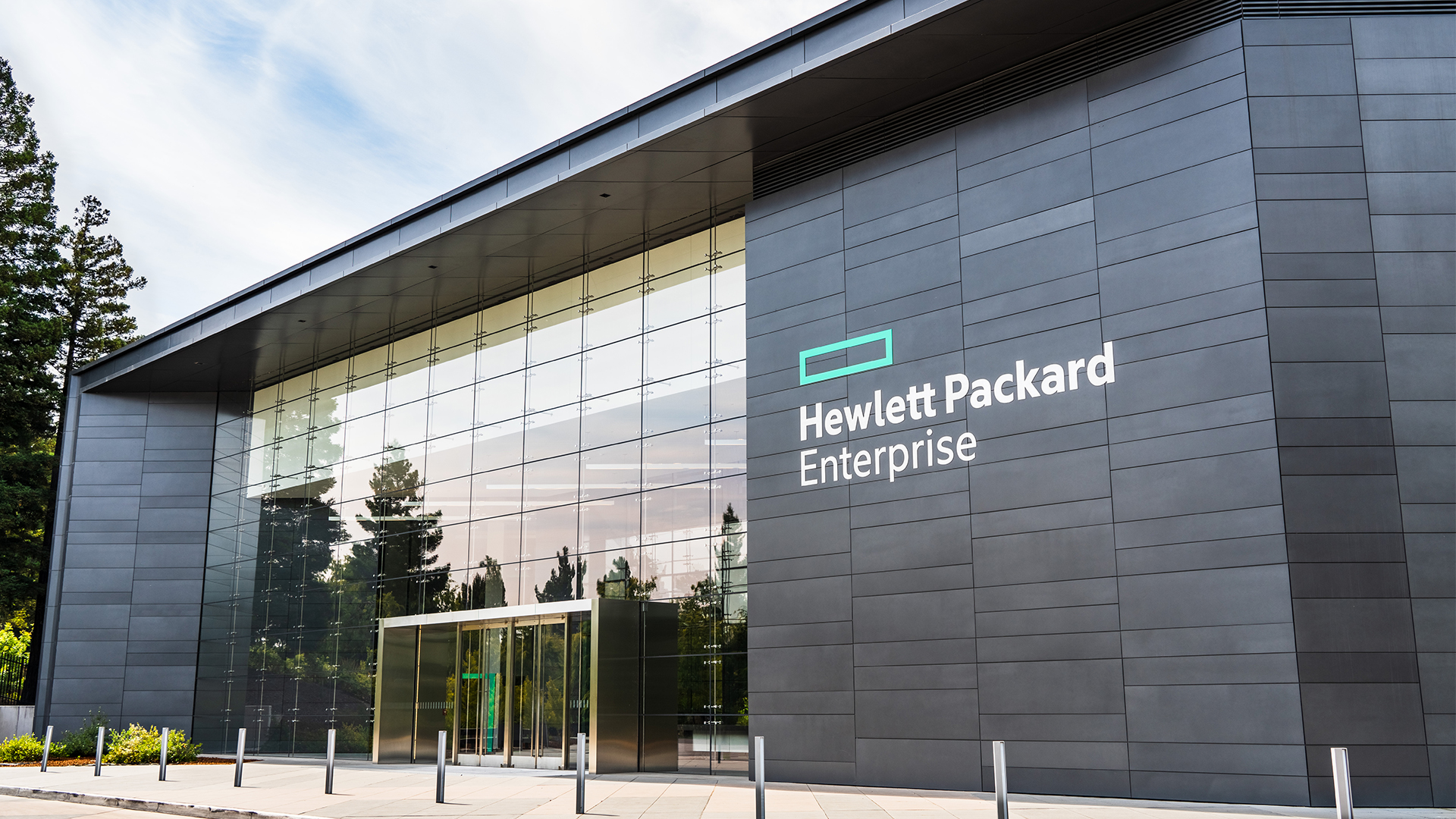 Veeam and HPE eye simplified data resilience with expanded alliance
Veeam and HPE eye simplified data resilience with expanded allianceNews The pair’s latest collaboration sees the introduction of next-gen data protection services to help eliminate risk across modern enterprise applications
-
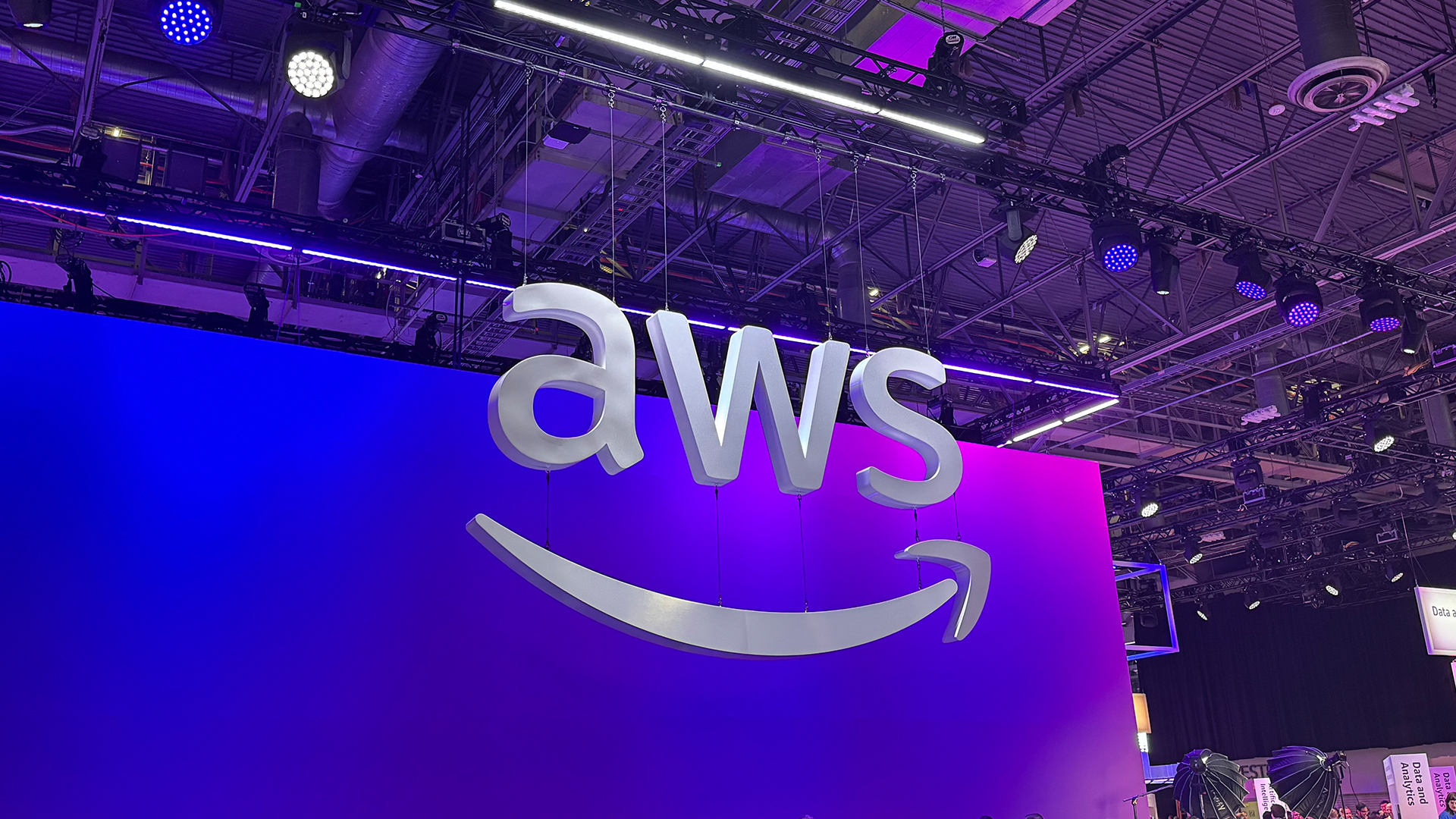 AWS re:Invent 2025 live: All the news and announcements from day two in Las Vegas
AWS re:Invent 2025 live: All the news and announcements from day two in Las VegasLive Blog Keep tabs on all the latest announcements from day-two at AWS re:Invent 2025 in Las Vegas
-
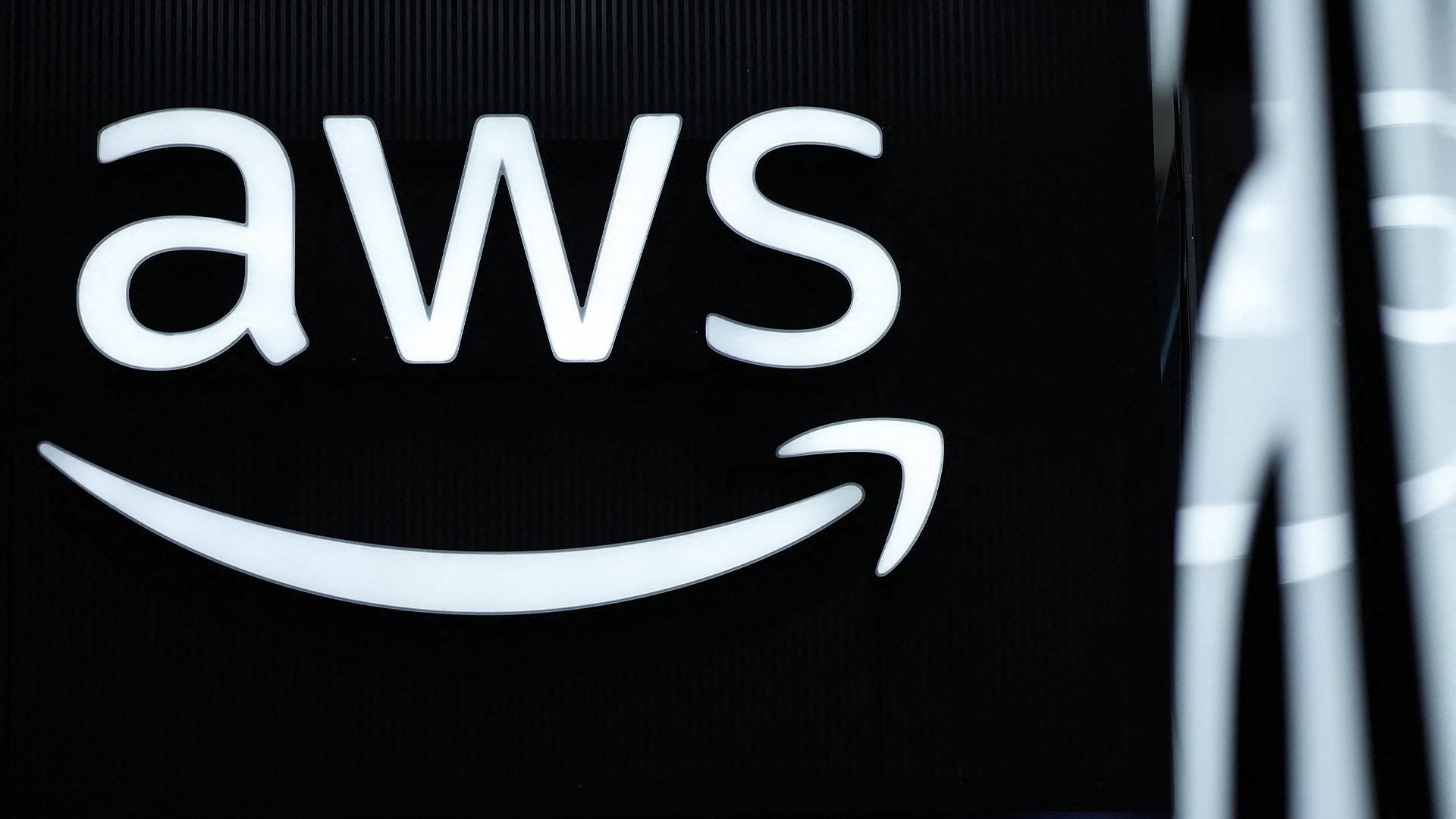 AWS pledges $50 billion to expand AI and HPC infrastructure for US government clients
AWS pledges $50 billion to expand AI and HPC infrastructure for US government clientsNews The company said an extra 1.3 gigawatts of compute capacity will help government agencies advance America’s AI leadership
-
 CEOs admit majority of cloud environments were ‘built by accident rather than design’ – and it’s coming back to haunt them
CEOs admit majority of cloud environments were ‘built by accident rather than design’ – and it’s coming back to haunt themNews Many enterprises rushed into the cloud without a clear end goal in mind, according to Kyndryl
-
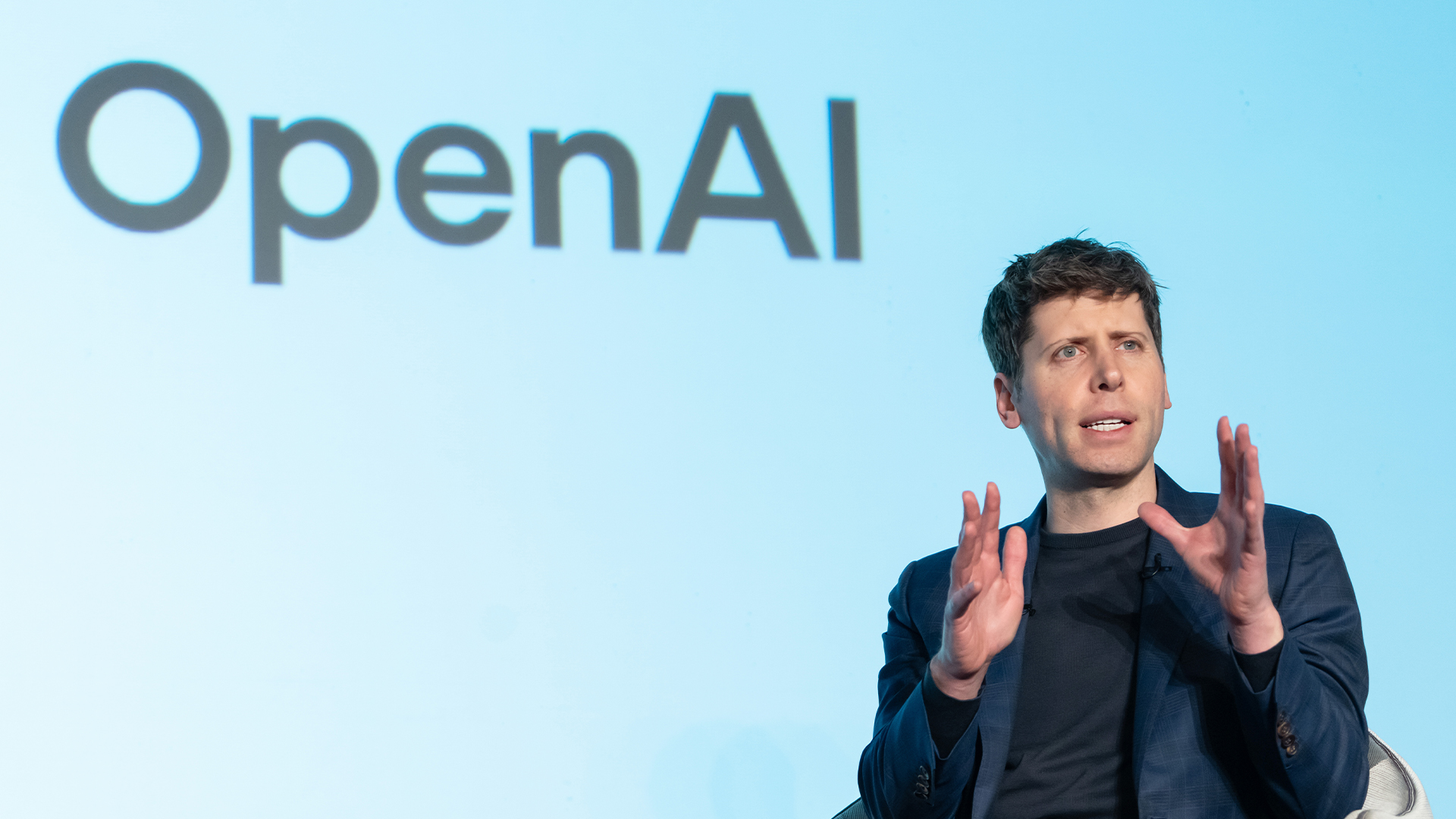 OpenAI just signed a bumper $38bn cloud contract with AWS – is it finally preparing to cast aside Microsoft?
OpenAI just signed a bumper $38bn cloud contract with AWS – is it finally preparing to cast aside Microsoft?News The move by OpenAI doesn’t signal an end to its long-running ties with Microsoft
-
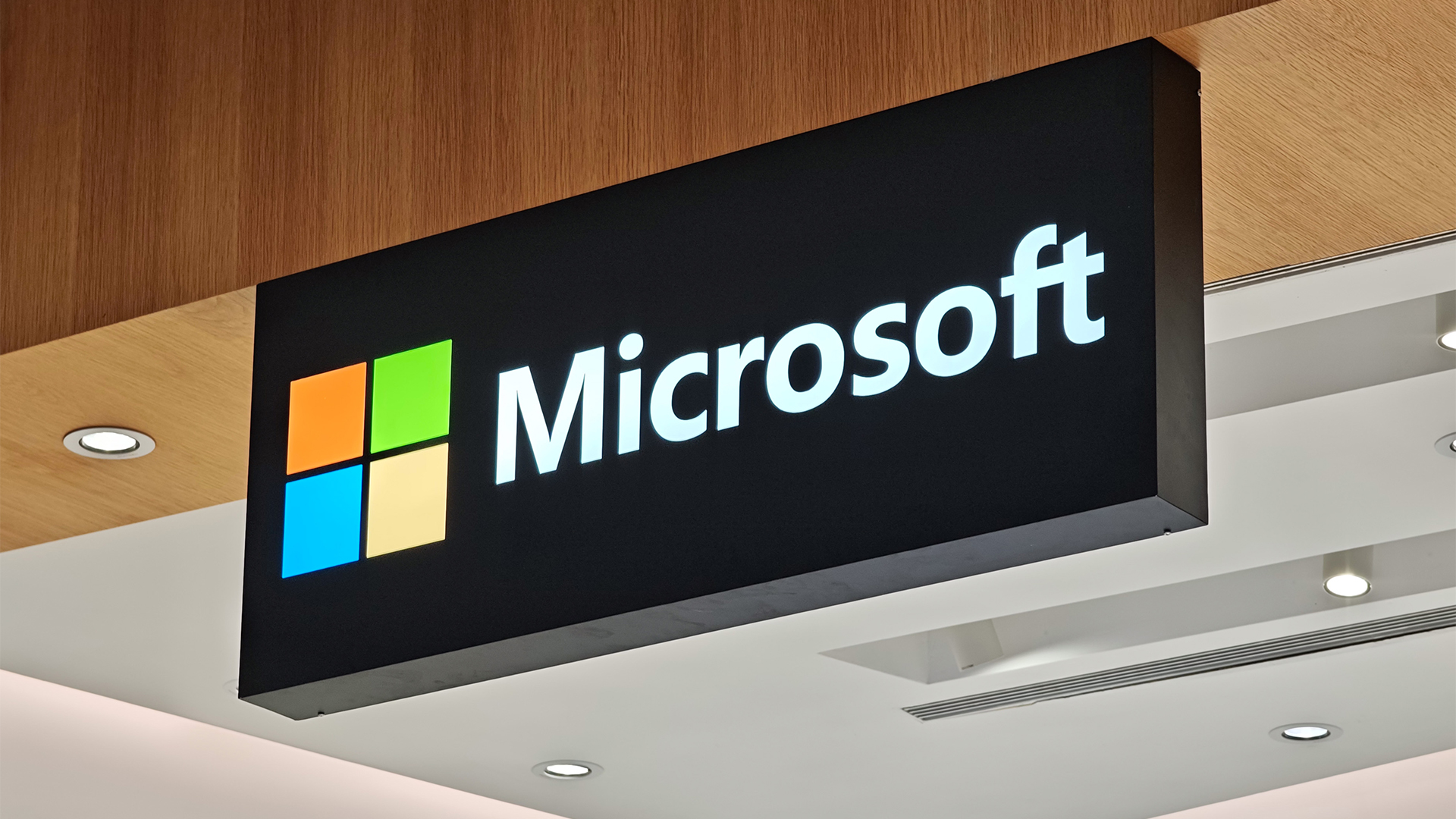 Microsoft’s new ‘marketplace’ lets customers pick and choose cloud, AI solutions
Microsoft’s new ‘marketplace’ lets customers pick and choose cloud, AI solutionsNews The Microsoft Marketplace looks to streamline customer access to AI and cloud services
-
 Mainframes are back in vogue
Mainframes are back in vogueNews Mainframes are back in vogue, according to research from Kyndryl, with enterprises ramping up hybrid IT strategies and generative AI adoption.
-
 Google strikes big win with $10 billion Meta cloud deal
Google strikes big win with $10 billion Meta cloud dealNews As Meta continues its AI drive, the company is looking outside for the necessary infrastructure
